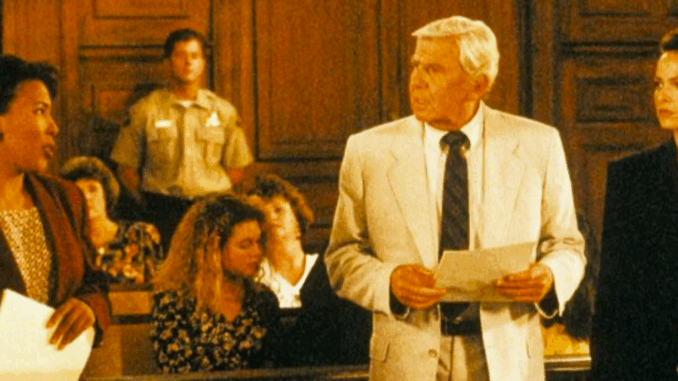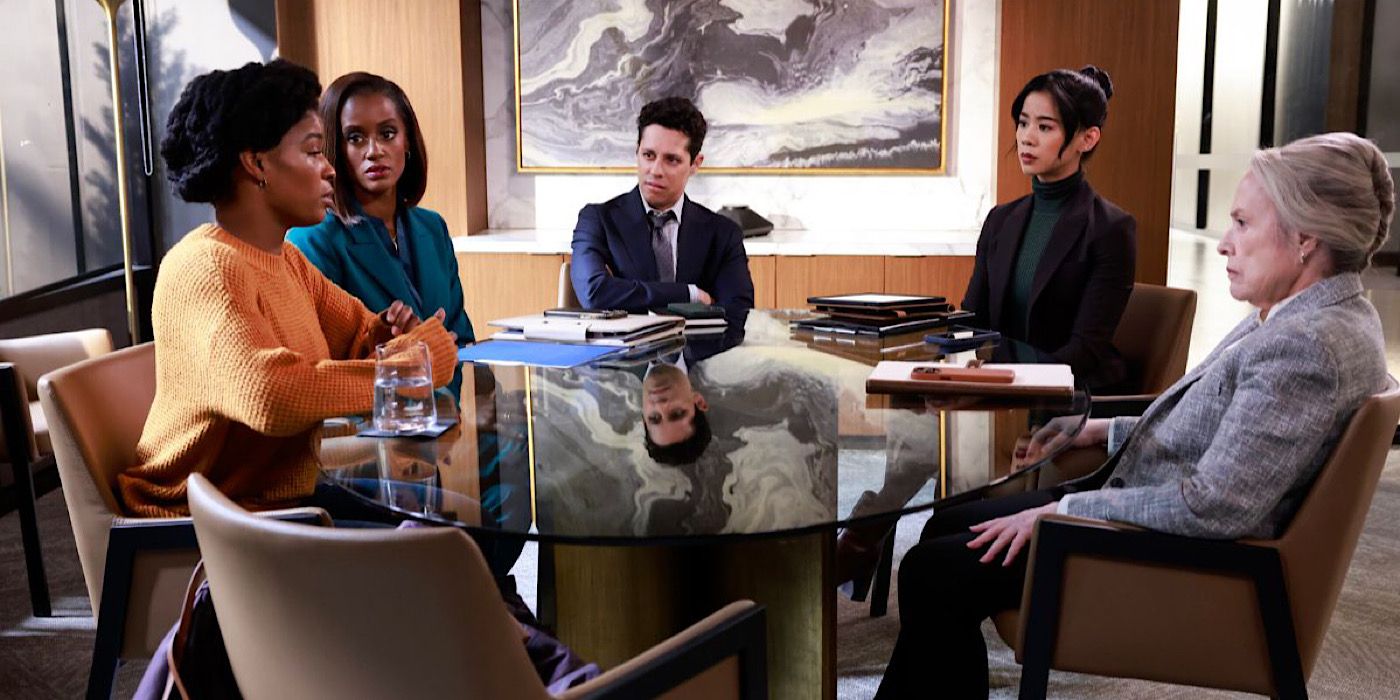
When CBS announced its reboot of Matlock with Kathy Bates in the title role, audiences weren’t quite sure what to expect. Would it be a nostalgic nod to the original 1986 series? A light procedural aimed at comfort-TV crowds? Or something more ambitious? As the first season unfolded, the answer became clear: Matlock isn’t just revisiting a classic—it’s reimagining it for an entirely new era.
At the heart of the series is Bates as Madeline Matlock, a brilliant but underestimated former attorney who returns to the courtroom under the radar, working as a legal consultant with a talent for unmasking corruption. But the success of the show doesn’t rest solely on her shoulders—it’s a true ensemble project with a modern twist.
Rebuilding the Team: A Cast That Reflects Today’s World
Alongside Bates, the cast includes Jason Ritter as Julian, a hotshot lawyer learning how much he doesn’t know, and Skye P. Marshall as Olympia, a sharp, idealistic prosecutor often working at odds—and in sync—with Madeline. Their dynamic creates much of the tension that propels the show forward.
Unlike many courtroom procedurals, Matlock treats its supporting characters not as accessories to the case of the week, but as fully formed individuals with evolving arcs. Julian’s internal conflict between ambition and integrity, Olympia’s battles with the system from within, and even the interns and paralegals around them have more going on than meets the eye.
“It’s not just about the verdict,” showrunner Jennie Snyder Urman (Jane the Virgin) recently explained. “It’s about the people making the case—and what it costs them.”
Courtroom Drama Meets Social Commentary
Where the original Matlock often leaned into comfort and resolution, the reboot is bolder in its narrative risks. Early episodes have tackled corporate whistleblowing, wrongful imprisonment, and the pharmaceutical industry’s role in the opioid crisis—all without sacrificing character development.
Madeline’s personal connection to these issues, especially the death of her daughter from addiction, adds a layer of emotional resonance that grounds the show in today’s moral landscape. Bates has called the role “the most personal work of my career,” and that intimacy comes through in every scene she anchors.
Legacy, Rewritten
While there are affectionate nods to Andy Griffith’s original Matlock—Madeline is often underestimated, uses her age to disarm opponents, and delivers climactic “gotcha” moments in court—the tone and pacing of the new show are unmistakably modern.
Gone are the formulaic rhythms of classic legal dramas. Instead, Matlock plays like a character-driven mystery with legal muscle, relying as much on emotional revelation as it does on evidence. And while viewers may tune in for the courtroom theatrics, they stay for the human drama underneath.
The Verdict: A Future Worth Watching
CBS’s Matlock is quietly building one of the most compelling network dramas in recent years. It’s not flashy, but it’s sharp. It’s not sentimental, but it’s deeply human. And most importantly, it’s giving one of Hollywood’s most gifted actresses the material she deserves.
As a second season looms on the horizon, fans are eager to see where the show will go. With Bates at the helm and a creative team unafraid to ask big questions, Matlock isn’t just solving legal puzzles—it’s rewriting what prestige network drama can look like.
